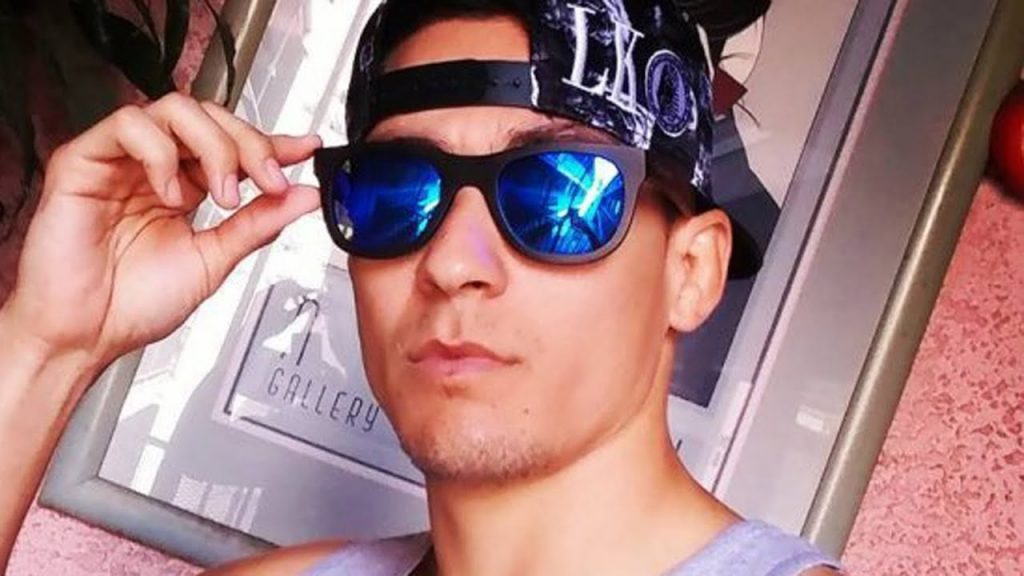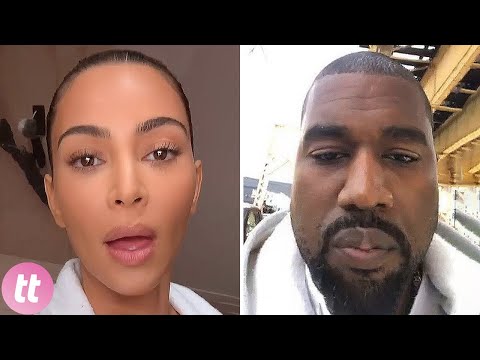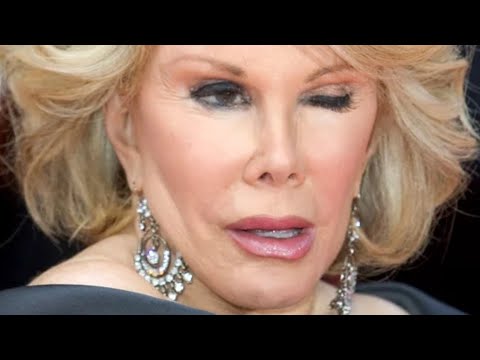The Unflattering Nickname The Press Has Given Meghan Markle

Meghan Markle has apparently earned herself a not-so-nice nickname from royal staffers.
According to Inside Edition, British newspapers have alleged that members of the royal staff have taken to calling the Duchess of Sussex “Duchess Difficult.” The gossip rag notes that many palace employees have allegedly found the former Suits star to be “demanding.”
News of Markle’s unflattering nickname comes after reports that multiple members of her staff reportedly quit. First to leave her post was Markle’s personal assistant Melissa Touabti, in early November 2018. While Markle has not commented on Touabti’s exit, it’s thought that Markle’s issues with her family, which has largely played out in the press, and the stress that came along with planning Markle’s May 2018 wedding to Prince Harry were among the reasons that Touabti quit after working for Markle for just six months.
What is the unflattering nickname given to Meghan Markle by the press, and what implications does it have on her public perception?
The Unflattering Nickname The Press Has Given Meghan Markle: An Unfortunate Result of Misogyny and Racism in Media
The press has always been responsible for shaping public perceptions of public figures, but with the rise of social media, the reach and impact of journalism has multiplied. This is especially true for modern-day royals, who become subjects of intense scrutiny and criticism from the media, the public, and even other members of the royal family.
One member in particular, Meghan Markle, has been the subject of excessive media coverage since she started dating Prince Harry in 2016. As an American actress of mixed-race heritage, she was already a unique addition to the British royal family. However, it seems that her race and background have led to even more scrutiny and criticism from the press, often manifesting as racist and sexist attacks. One such manifestation is the unflattering nickname that some media outlets have assigned to her – “Meghan the Menace”.
While this nickname may seem harmless at first glance, it is clearly meant to denigrate and belittle Meghan, painting her as a disruptive and difficult figure. It is also a clear reference to the infamous Dennis the Menace comic strip character, a naughty young boy who constantly causes trouble in his neighborhood. By calling Meghan “the Menace”, the press is attempting to portray her as a negative influence on the royal family, one who is causing problems and unrest. This is a common tactic used to paint women as troublesome, uncooperative, and even dangerous – a lazy stereotype that perpetuates misogyny in media.
This nickname is also part of a larger trend of racism and bias against Meghan. The press has consistently used language and imagery that paint her as an outsider, someone who is not worthy of being part of the royals. For instance, the Daily Mail once published a front-page headline that read “Harry’s girl is (almost) straight outta Compton”, a reference to a predominantly Black neighborhood in Los Angeles. This kind of language is hurtful and damaging, perpetuating the idea that Meghan’s Blackness is a negative aspect of her identity.
The media’s treatment of Meghan is not just an issue of journalistic professionalism, or even freedom of speech. It is part of a larger systemic problem of racism, misogyny, and sexism that has existed in media for generations. The press has a responsibility to report on public figures in a fair and objective manner, without resorting to name-calling or harmful language. The way in which Meghan has been treated is a clear indication that this standard is not being upheld, and that media outlets need to be held accountable for their actions.
In conclusion, the unflattering nickname of “Meghan the Menace” is just one example of how the media has failed to treat Meghan Markle with the respect and dignity that she deserves. It is part of a larger trend of racism and misogyny that needs to be addressed and eliminated from media. Meghan is a public figure who deserves to be recognized for her achievements, not reduced to a harmful stereotype. It is time for the media to take responsibility for the harm they have caused and to work towards creating a more equitable and just society.
Warning: Trying to access array offset on value of type null in /srv/users/infosearched-network/apps/infosearched-network/public/wp-content/themes/rehub-theme/functions/review_functions.php on line 499
Warning: Trying to access array offset on value of type null in /srv/users/infosearched-network/apps/infosearched-network/public/wp-content/themes/rehub-theme/functions/review_functions.php on line 503









The Awesome Way Donald Glover Showed Up To The Emmys
Celebs That Can’t Stand Jake Paul
Movie Villains Who Are Gorgeous In Real Life
The Kardashians Can’t Stop Copying Other Celeb Styles | Compilation